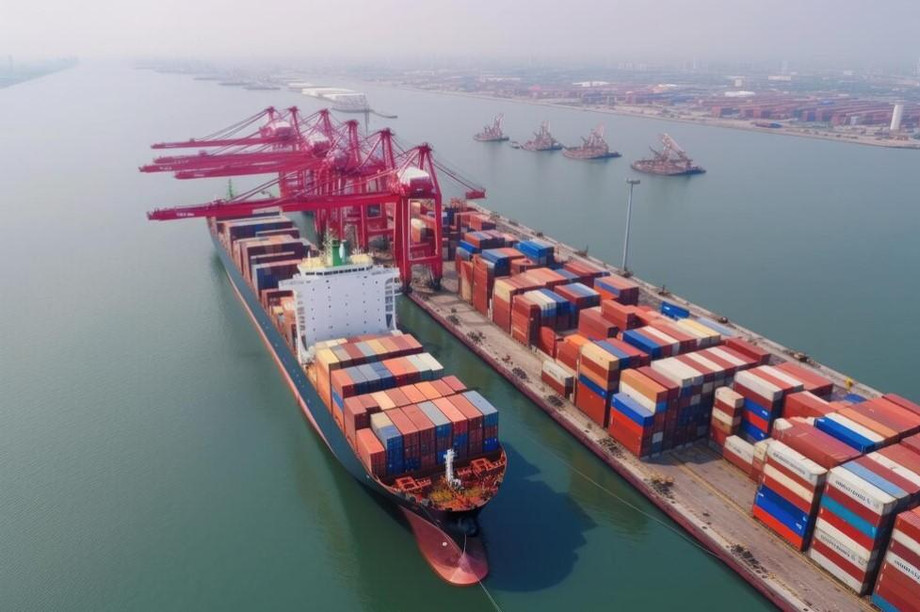Importer Security Filing (ISF) 10, a vital component of the U.S. Customs and Border Protection (CBP) regulations, plays a pivotal role in bolstering cargo security and streamlining the import process. Introduced as part of the Security Filing requirement, ISF 10 mandates the submission of essential cargo information by importers before goods are loaded onto vessels bound for the United States. This proactive measure enables CBP to assess potential security risks and ensure the smooth flow of goods through U.S. ports of entry.
Key Elements of ISF 10:
Advance Cargo Information:
ISF 10 requires importers to provide detailed advance information about their shipments, including the names and addresses of the consignees and shippers, the intended destination of the goods, and a description of the cargo. This data enables CBP to conduct risk assessments and identify high-risk shipments for further scrutiny.
Timely Submission:
Importers must submit ISF 10 data at least 24 hours before the cargo is loaded onto the vessel overseas. This advance notice allows CBP to review the information, assess security risks, and take appropriate measures to safeguard the U.S. homeland.
Compliance Requirements:
Compliance with ISF 10 regulations is mandatory for importers bringing goods into the United States via ocean freight. Failure to submit accurate and timely ISF data may result in penalties, delays in cargo clearance, and additional scrutiny by CBP.
Benefits of ISF 10:
Enhanced Security: By requiring advance cargo information, ISF 10 enables CBP to identify and mitigate potential security threats before they reach U.S. shores. This proactive approach helps safeguard the nation's borders and protect against illicit activities such as terrorism and smuggling.
Efficiency and Transparency: ISF 10 streamlines the import process by providing CBP with essential information upfront, reducing the need for manual interventions and expediting cargo clearance. Importers benefit from increased visibility into the movement of their goods and greater predictability in supply chain operations.
Risk Mitigation: By assessing cargo information in advance, CBP can target high-risk shipments for enhanced scrutiny while expediting the clearance of low-risk cargo. This risk-based approach enhances border security without unduly impeding the flow of legitimate trade.
Compliance and Implementation:
Importers are responsible for ensuring compliance with ISF 10 requirements and must work closely with their customs brokers or freight forwarders to submit accurate and timely cargo information. Failure to comply with ISF 10 regulations may result in financial penalties, shipment delays, and disruptions to supply chain operations.
In conclusion, Importer Security Filing (ISF) 10 represents a critical component of CBP's efforts to enhance cargo security and facilitate trade in the United States. By providing advance cargo information, importers contribute to a more secure and efficient supply chain while ensuring compliance with regulatory requirements. ISF 10 underscores the importance of collaboration between government agencies, importers, and industry stakeholders in safeguarding the nation's borders and promoting global trade.

